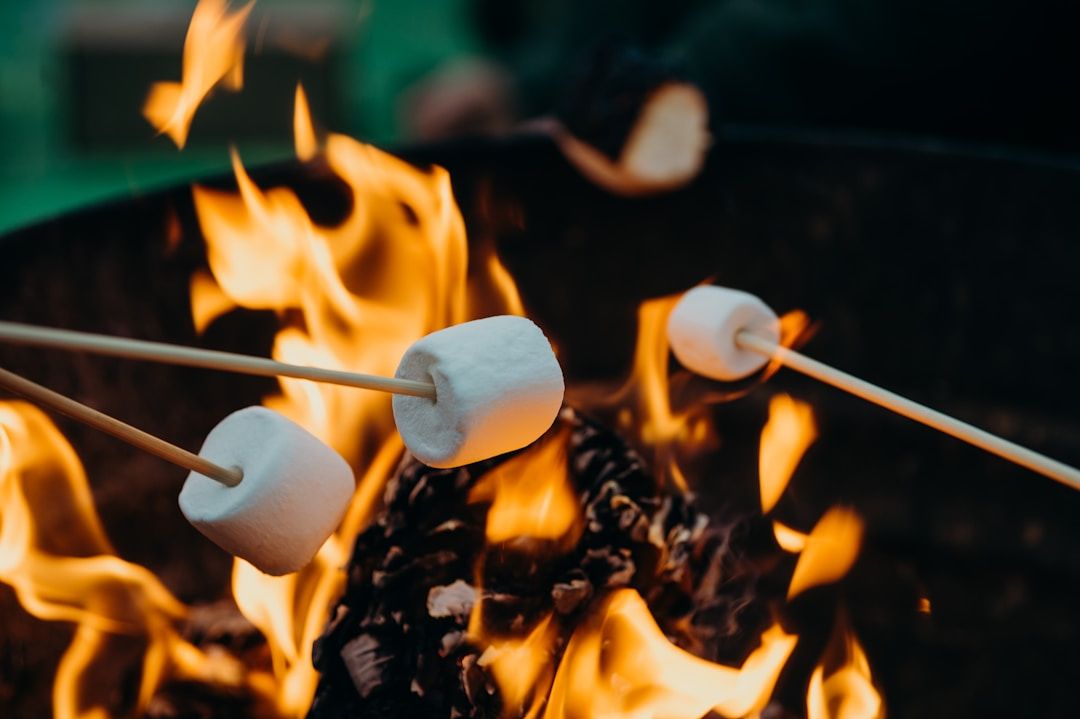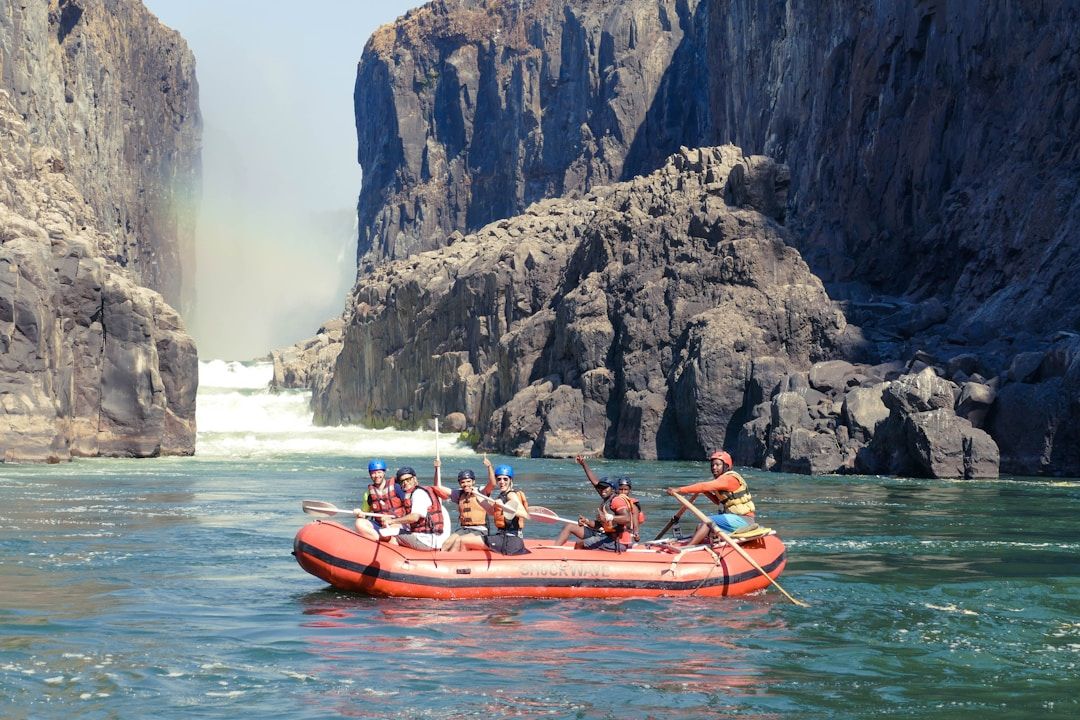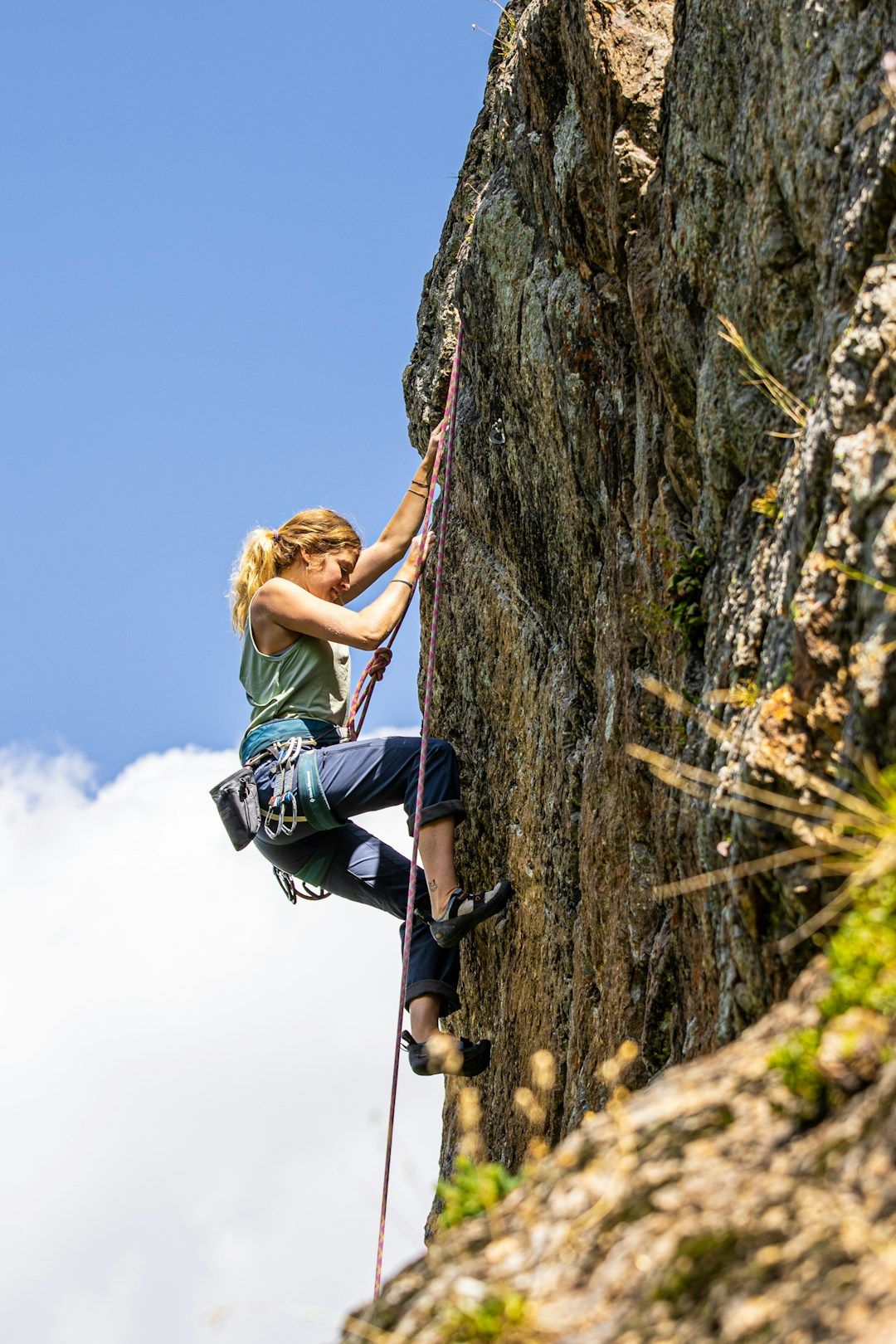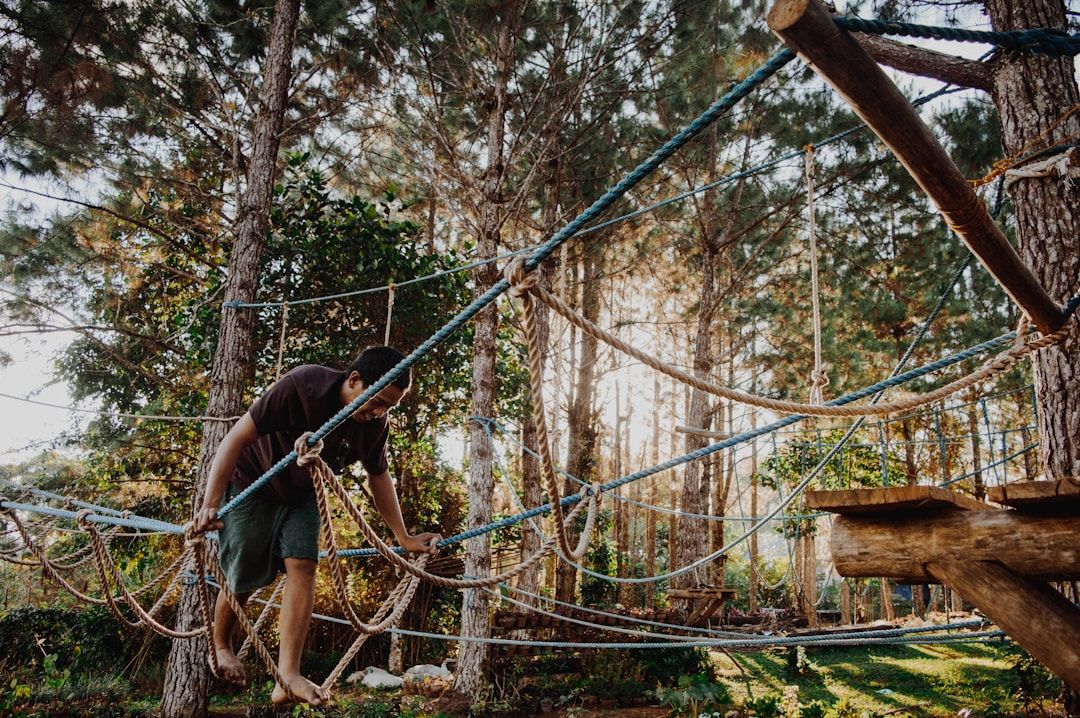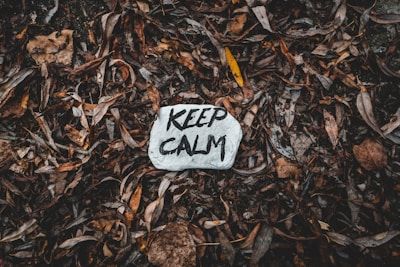
Outdoor Experiential Education (OEE) offers participants adventure, challenge, and growth, but it also comes with a less celebrated companion: anxiety. A new study by Alpenglow & the Sustainable Outdoor Recreation and Tourism Lab at Utah State University dives deep into the who, when, and why of pre-trip anxiety, and the findings are full of gems for practitioners ready to turn stress into success.
Pre-Trip Anxiety: It's a Thing
If you're leading backpacking, kayaking, or rock climbing courses, odds are your students aren't just packing gear, they're also packing nerves. This study found that anxity levels don't necessarily skyrocket the night before a trip. Instead, they remain relatively steady in the weeks leading up, which means there’s time to intervene early and often.
